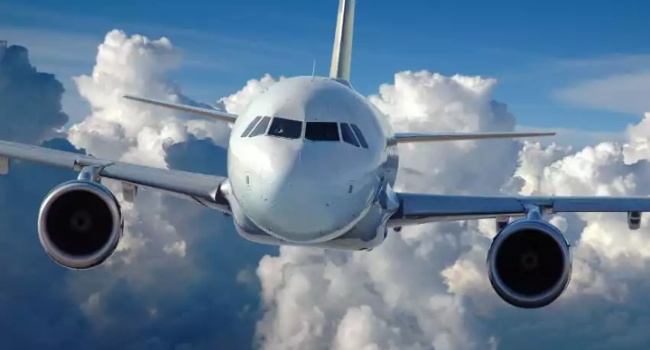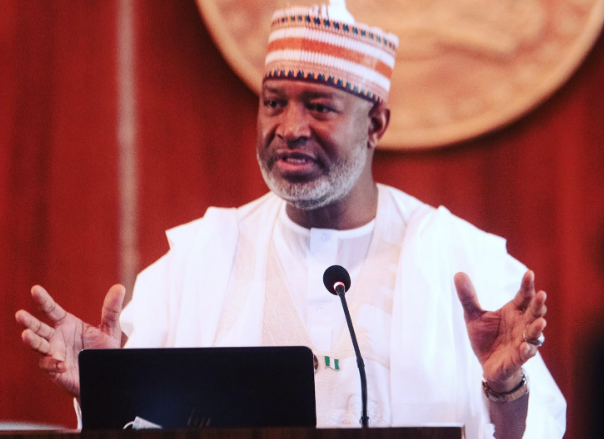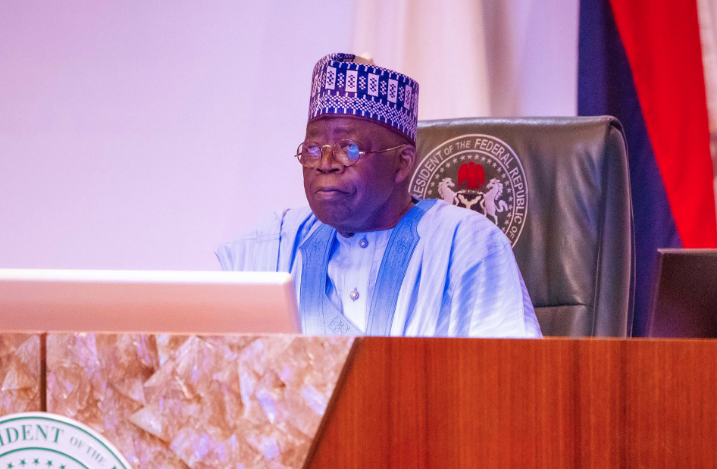The bilateral air service agreement (BASA) between Nigeria and Brazil has ripple effects that favour Nigerians and investors in both countries’ aviation sector, however, it could also lead to a waste of investments, according to industry experts.
On August 25, Nigeria signed the BASA with Brazil.
BASA is an air transport agreement between two countries that allows designated airlines to operate commercial flights, covering the transportation of passengers and cargo.
It is also not just about aviation, as it is a tool for boosting economic relations, trade, and tourism between countries.
Advertisement
Following the agreement, Air Peace, Nigeria’s flag carrier, announced plans to commence direct flights from Lagos to São Paulo in November 2025 – after receiving the country’s approval.
According to Flightconnections, this development makes Brazil the 31st country with a direct air link to Nigeria, with Africa accounting for 21, Asia five, and Europe four, while the United States remains the only connection in the Americas.
In Africa, Nigerian airlines currently operate direct flights to Algeria, Angola, Benin, Cameroon, Chad, Côte d’Ivoire, Egypt, Equatorial Guinea, Ethiopia, Gabon, Gambia, Ghana, Kenya, Morocco, Niger, Rwanda, Sierra Leone, South Africa, Togo, and Uganda.
Advertisement
For Europe, flights connect Nigeria to France, Germany, the Netherlands, and the United Kingdom. In Asia, Nigerians travel directly to Lebanon, Qatar, Saudi Arabia, Turkey, and the United Arab Emirates.
NIGERIA’S BASA JOURNEY
Nigeria’s first BASA dates back to the 1960s, when the government began negotiating agreements to connect Lagos with London and other European cities.
Over time, the agreements opened doors for global carriers such as British Airways, KLM, Lufthansa, and Emirates to operate in Nigeria.
Advertisement
The expansion of BASAs in the 1990s and early 2000s also provided the framework for Nigerian airlines like Bellview, ADC, and Arik Air to fly internationally; however, many later collapsed due to operational and financial challenges.
In recent years, new agreements with the United Arab Emirates, Qatar, Turkey, and Saudi Arabia have enabled millions of Nigerians to travel more easily for business, leisure, and religious purposes such as Hajj and Umrah.
‘DIRECT FLIGHT TO REDUCE TRAVEL TIME’
Allen Onyema, Air Peace’s chief executive officer (CEO), said Air Peace will start with three weekly flights on the Lagos-Rio de Janeiro-São Paulo-Lagos route and plans to scale up as passenger demand increases.
Advertisement
As Air Peace prepares for the flight operation scheduled to commence between late November and early December 2025, Gbenga Saka, special adviser on digital media to Festus Keyamo, minister of aviation, said there has been “no direct flight from any West and Central African country to Brazil and other countries in South America,” making Nigeria the first to break the record.
“To get to Brazil from Nigeria, you must first fly to Europe to connect! A journey that takes at least 22 hours plus transfer time,” Saka posted on his Twitter page.
Advertisement
“Some options are even crazier! The shortest you will find is about 24 hours via Qatar Airways, or up to 30 hours with Ethiopian Airlines, and often at double the cost. It’s simply madness.
“With this new BASA deal, travel time will be cut down to just about 7 hours or less, a game-changer!
Advertisement
“Beyond convenience, it will position Nigeria as the hub for other African passengers connecting to the South Atlantic.
“This deal is a masterstroke. It benefits not just Nigeria but the entire African continent. Truly, the Giant of Africa is stepping up again. And it takes only a visionary leader to make this happen.”
Advertisement
‘BASA TO CUT FLIGHT COST, CREATE JOBS’
Shalom Umanah, an international travel agent at Leisure Affairs Ltd., said the BASA will create jobs, as airlines will expand their operations by employing more pilots, cabin crew, ground staff, and other aviation professionals.
Highlighting other benefits, Umanah mentioned shorter travel time, saying, “until now, most passengers travelling to Brazil had to transit through Europe or the Middle East”.
“A direct link cuts down hours of travel and waiting time at connecting airports,” she said.
“Travel time from Lagos to São Paulo typically ranges between 18 and 36 hours, depending on layovers and waiting times.
“The shortest one-stop flights take about 18 hours 45 minutes, but some stretch out to over 22 hours—and in worst cases even 36 hours.”
With Ethiopian Airlines selling a ticket for around N4 million (one-way, with two stops), Umanah explained that the reduced travel time will result in ticket prices dropping.
“It could also attract lower costs. Fewer stopovers mean reduced ticket prices and related expenses, making air travel more affordable,” the travel agent said.
“Entertainment as well for both countries, such as the Rio carnival, etc.”
The travel agent also suggests this may be a gateway to South America and maybe the North American countries
“With Airpeace direct flights, we may see more direct flights in that region,” Umanah said.
“Moreso, a direct route attracts more investment by airlines in infrastructure, fleet expansion, and partnerships.
“Would it aid trade? Of course, Nigeria and Brazil already maintain strong trade ties, particularly in agricultural products, energy, and manufactured goods.”
The travel agent added that there would be easier movement of people and cargo can stimulate new business ventures and collaborations.
Umanah also highlighted the cultural ties between Brazil and Nigeria, saying the South American country has deep West African culture embedded in its history, with Yoruba being a known tribe and culture in the country.
‘NIGERIA-BRAZIL ROUTE NEEDS GOVERNMENT SUPPORT TO SURVIVE’
Olu Fidel Ohunayo, executive secretary of Aviation Round Table (ART), said Nigeria’s designation of private airlines on the Brazil route will not guarantee sustainability without government support and proper transit facilities.
Ohunayo noted that beyond airlines, a transit airport with facilities in Lagos is critical, as Nigerian passenger traffic alone cannot sustain the route.
“You also need to have partnership for people going beyond Brazil, so you can have more crowds,” he said.
“All these are not gotten from that BASA. We’ve been signing this BASA over the years without traction. The last time an airline operated that route was Varig, and later they stopped. Bellview tried one or two flights and could not continue because the route was not viable.”
He explained that marketing, research, and commercial partnerships beyond Nigeria and Brazil are necessary, while cargo operations and business participation must be strengthened to support passenger traffic.
According to Ohunayo, past designations of Nigerian airlines on the Brazil route failed because the government did not back the carriers with the necessary incentives.
“You cannot force an airline to operate the flight. They have been designated over the years, but not one has started. Nobody wants to take that risk anymore,” he said.
The industry expert argued that both governments must play a role, including considering subsidies such as seat purchases in the early stages, to encourage airlines.
He warned that without such measures, designated carriers like Air Peace may face the same challenges that forced other Nigerian airlines to withdraw from long-haul routes to India, China, and South Africa in the past.
“Brazil should not be worn down as another bleeding route if Nigerian government is excited but does not support the airline,” Ohunayo said.
“Before profitability, something must be done to sustain the route.”
Ohunayo also flagged the need for stronger measures against drug trafficking on South American routes, which previously affected operations.










